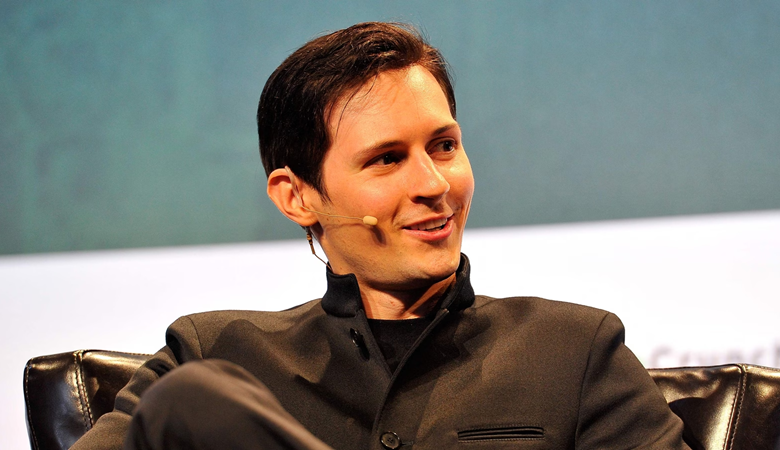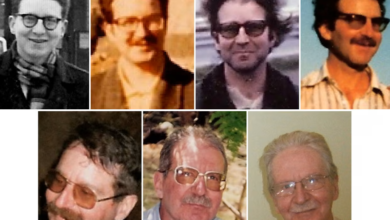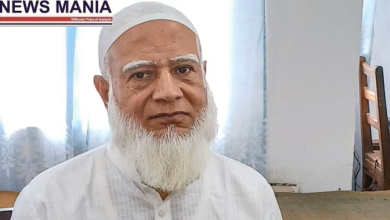Telegram CEO Pavel Durov Arrested at French Airport Amid Content Moderation Investigation

News Mania Desk/Agnibeena Ghosh/25th August 2024
Pavel Durov, the founder and CEO of the popular messaging platform Telegram, was arrested today at Le Bourget Airport near Paris upon his return from Azerbaijan. The arrest, as reported by French media, took place shortly after Durov disembarked from his private jet. Authorities have linked the arrest to an ongoing investigation into Telegram’s alleged failure to effectively moderate content on its platform, which they claim has facilitated criminal activities.
The news of Durov’s arrest quickly made waves across social media, drawing reactions from notable figures in the tech world. Among the most prominent was Elon Musk, the American tech entrepreneur and owner of X (formerly known as Twitter). Musk took to his platform to comment on the situation, posting a sarcastic message through Grok, his AI assistant, which he captioned, “Check out this ad for the First Amendment. It is very convincing.” This post highlighted the details of Durov’s arrest and the investigation into Telegram’s content moderation policies.
Musk, known for his outspoken views on free speech, continued to express his concerns by resharing a post from the account OSINTdefender. He added his own caption: “POV: It’s 2030 in Europe and you’re being executed for liking a meme.” This provocative statement underscores Musk’s fears about the future of free speech in Europe, suggesting a potential dystopian reality where even benign online activities could have dire consequences.
Pavel Durov, a 39-year-old entrepreneur with dual citizenship in France and the United Arab Emirates, has been living in Dubai. Durov, who previously fled Russia in 2014 after refusing to censor opposition groups on his first social media platform, VKontakte, has consistently positioned Telegram as a strong advocate for privacy and free speech. His commitment to these principles has been a defining feature of his leadership at Telegram, attracting both praise and criticism in equal measure.
The arrest of Durov has sparked renewed debate over the delicate balance between free speech and the necessity of content moderation on social media platforms. As governments worldwide grapple with the challenges posed by digital communication, the question of how to regulate content without infringing on individual freedoms remains contentious.
Musk’s comments on the matter have reignited discussions about the potential risks of overregulation in Europe. His reference to a future where people could face severe punishments for simple online activities reflects growing concerns among tech leaders about the direction of digital rights and freedoms on the continent.
The investigation into Telegram’s moderation practices comes at a time when social media platforms are under increasing scrutiny for their roles in spreading misinformation, hate speech, and facilitating illegal activities. While platforms like Telegram are lauded for their commitment to privacy, critics argue that this same commitment can enable harmful content to proliferate unchecked.
As the situation develops, Durov’s arrest is likely to fuel further debates about the responsibilities of social media companies and the role of government oversight in ensuring a safe and secure online environment. The outcome of this investigation could have significant implications for the future of Telegram and the broader discourse on free speech and digital privacy.






